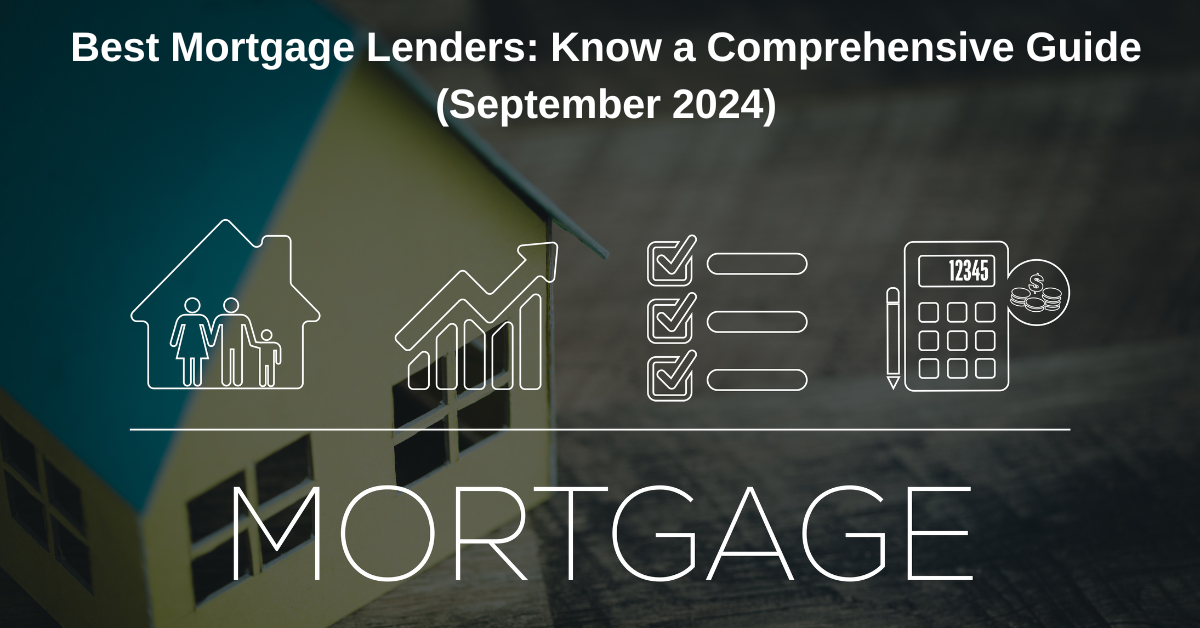Private mortgage funds are an increasingly popular investment vehicle for individuals and institutions seeking higher returns, portfolio diversification, and stable income. Unlike traditional mortgages handled by banks, these funds provide an alternative way for borrowers and investors to benefit from real estate-backed loans.
Private mortgage funds pool capital from multiple investors to finance real estate loans. These loans can range from residential mortgages to commercial real estate loans. They are managed by professionals who assess, structure, and manage the portfolio of loans. Because of the inherent flexibility, private mortgage funds can serve a variety of needs, from providing liquidity to borrowers who don’t qualify for traditional bank loans to helping investors earn passive income through interest payments.
What Are Private Mortgage Funds?

A private mortgage fund is a pooled investment vehicle that gathers capital from several investors and lends it to borrowers secured by real estate. In this sense, investors in private mortgage funds are effectively lenders, and their returns come from the interest paid by the borrowers on the underlying mortgages.
The loans in these funds are typically secured by residential or commercial real estate and can range across property types, loan maturities, and geographic locations. These funds provide much-needed flexibility to borrowers, especially those who might not qualify for conventional loans from traditional financial institutions, such as banks.
How Private Mortgage Funds Work
Private mortgage funds operate by raising capital from accredited investors, pooling that capital, and lending it to real estate developers, homeowners, or commercial entities. The fund managers, typically experienced professionals with a background in real estate finance, handle the sourcing, underwriting, and servicing of loans.
Investors receive returns primarily through interest payments, similar to how a bank earns interest on a loan. The interest rates on private mortgage loans are generally higher than conventional loans, providing higher returns to investors. These funds also often target borrowers in need of bridge loans, rehabilitation financing, or borrowers who do not meet the stringent requirements of traditional banks.
Key Components of Private Mortgage Funds
- Fund Management: Professional managers oversee the operations of the fund, including raising capital, sourcing loans, underwriting, and loan servicing. Managers also handle risk assessment, ensuring the fund’s portfolio is diversified to mitigate potential risks.
- Investors: Investors in private mortgage funds provide the capital for loans. They earn returns primarily through interest payments generated by the loans in the fund’s portfolio. Unlike direct ownership of real estate, investors benefit from passive income without the hassles of managing properties.
- Borrowers: The borrowers are typically real estate developers, investors, or homeowners who need financing but may not qualify for traditional loans due to various reasons. Borrowers use these funds for projects like property renovations, new construction, or refinancing existing loans.
Benefits of Private Mortgage Funds
- Higher Yields: Due to the higher interest rates associated with private loans, private mortgage funds often provide higher returns than traditional fixed-income investments like bonds or CDs.
- Diversification: A well-managed private mortgage fund offers diversification across different loan types, geographic regions, and property sectors. This spreads risk and enhances the potential for stable returns.
- Stable Income: Investors in private mortgage funds generally receive monthly or quarterly interest payments, providing a steady stream of income.
- Portfolio Preservation: While returns are a key focus, private mortgage funds also prioritize preserving investor capital by carefully underwriting each loan and ensuring it is backed by real estate.
- Flexibility: For borrowers, private mortgage funds offer flexibility, especially when they are unable to meet the stringent requirements set by traditional banks. This can be especially valuable for those needing short-term or bridge financing.
Risks Associated with Private Mortgage Funds
While private mortgage funds offer significant benefits, they also come with risks that investors must understand:
- Liquidity Risk: Unlike publicly traded mortgage-backed securities, private mortgage funds are typically illiquid. Investors may be required to lock up their capital for the duration of the loan, which could range from six months to several years.
- Market Risk: Like all real estate-related investments, private mortgage funds are subject to market conditions. A downturn in the real estate market can affect the value of the underlying properties and the ability of borrowers to repay loans.
- Default Risk: If a borrower defaults on their loan, the fund must recover the investment through foreclosure and sale of the property. If the property value has declined, the fund could incur losses.
- Accreditation Requirements: Private mortgage funds are typically only available to accredited investors, limiting access to individuals with high net worth or substantial annual income.
How to Invest in Private Mortgage Funds
Investing in private mortgage funds typically requires accreditation, meaning an individual must meet specific income or net worth criteria. If you’re interested in investing in private mortgage funds, consider these steps:
- Find a Reputable Fund Manager: Research fund managers with a solid track record in private mortgage investing. Look for experienced managers with transparent operations and a history of successful loan underwriting.
- Understand the Investment Strategy: Each fund may have a different focus, such as residential or commercial loans, short-term bridge loans, or long-term mortgages. Ensure that the fund’s strategy aligns with your risk tolerance and investment goals.
- Evaluate the Risk Management Practices: Ensure the fund has robust risk management practices, such as diversification and prudent underwriting, to mitigate potential losses.
- Read the Fine Print: Carefully review the fund’s documentation, including fees, lock-up periods, and expected returns, before committing your capital.
Must Read
Bart Cleri Mortgage Loan Officer
Conclusion
Private mortgage funds offer a compelling option for accredited investors seeking higher returns, stable income, and diversification. While these funds can be less liquid and more complex than traditional investments, they provide an attractive alternative for those looking to capitalize on real estate-backed loans. With prudent management and careful selection of investments, private mortgage funds can play an essential role in a well-balanced investment portfolio.
FAQs
- What is a private mortgage fund? A private mortgage fund pools capital from investors to lend to borrowers secured by real estate, offering investors returns in the form of interest payments.
- How do private mortgage funds differ from public mortgage funds? Public mortgage funds are traded on public exchanges and offer greater liquidity, while private mortgage funds are typically available only to accredited investors and are less liquid.
- What are the risks of investing in private mortgage funds? The key risks include liquidity risk, market risk, and borrower default. These funds are also subject to real estate market fluctuations.
- Who can invest in private mortgage funds? Private mortgage funds are generally limited to accredited investors—individuals with a high net worth or substantial income.
- What kind of returns can investors expect? Private mortgage funds can offer higher returns than traditional fixed-income investments, as they typically charge borrowers higher interest rates.


